Equal Pay for Equal Play: The Case for the Women's Soccer Team
The New Yorker

At the end of March, soccer players Carli Lloyd, Becky Sauerbrunn, Alex Morgan, Megan Rapinoe, and Hope Solo went public. They filed a federal complaint accusing U.S. Soccer of wage discrimination. They earned significantly less money—roughly a quarter less, according to the complaint—despite dramatically outperforming the men’s national team, and despite producing nearly $20 million more in revenue for U.S. Soccer than what the men’s team brought in.


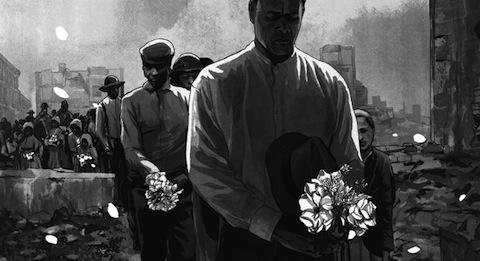
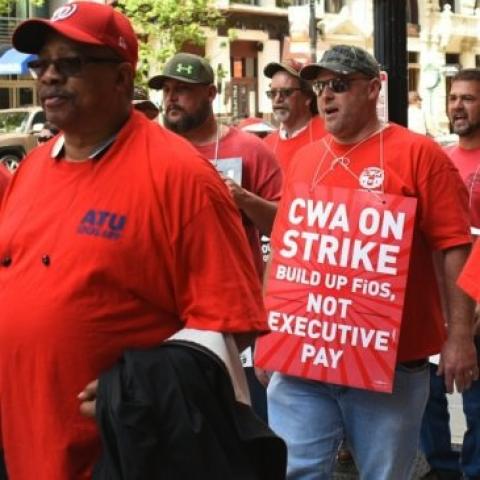

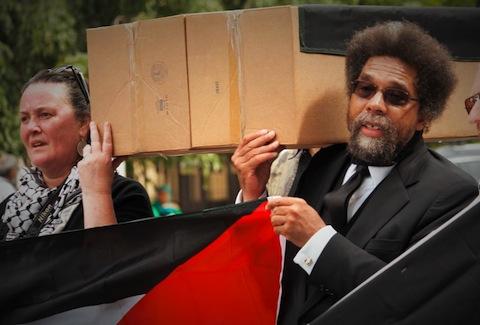

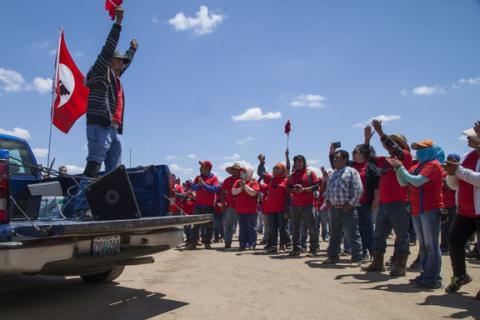
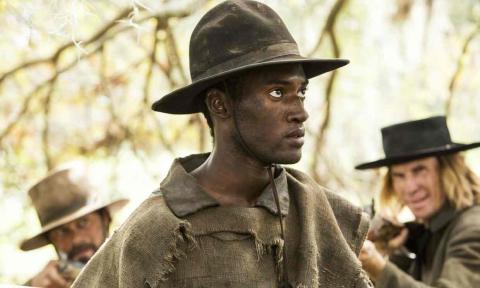
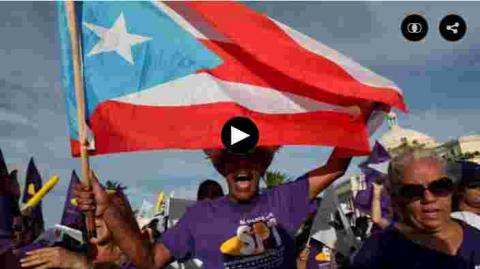
Spread the word